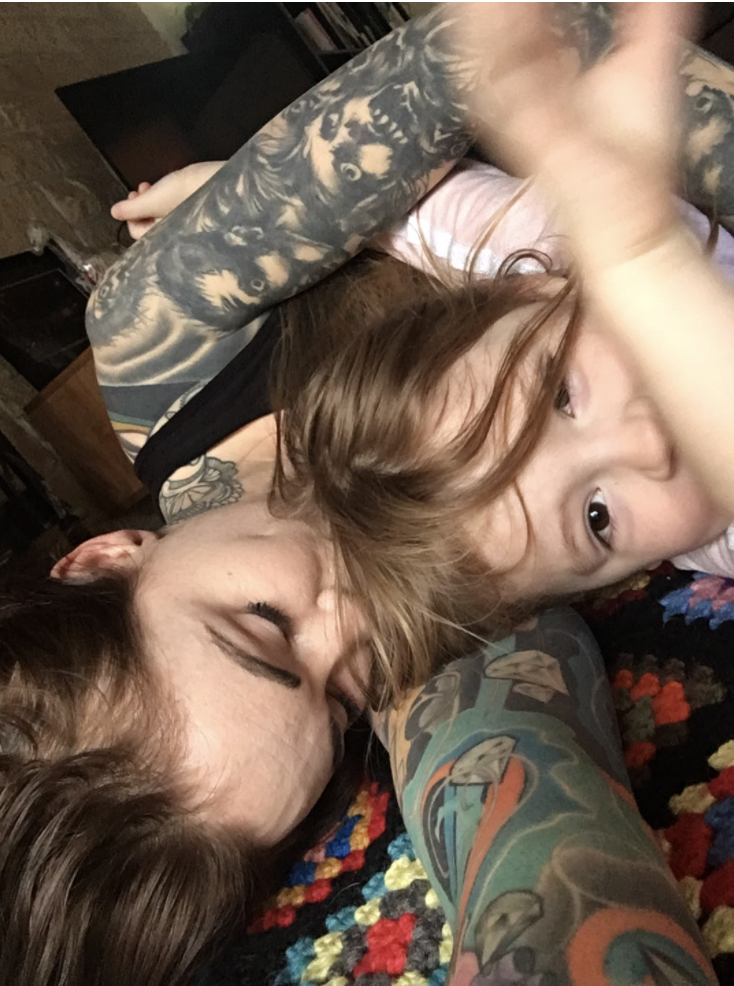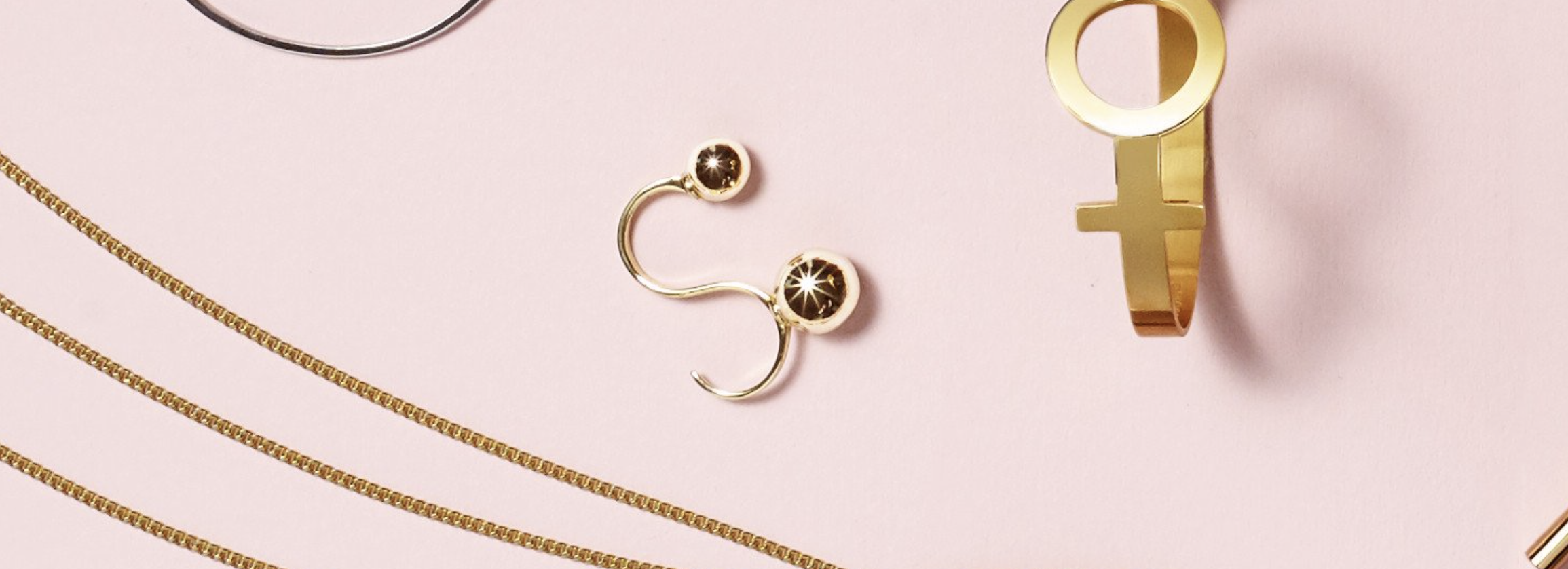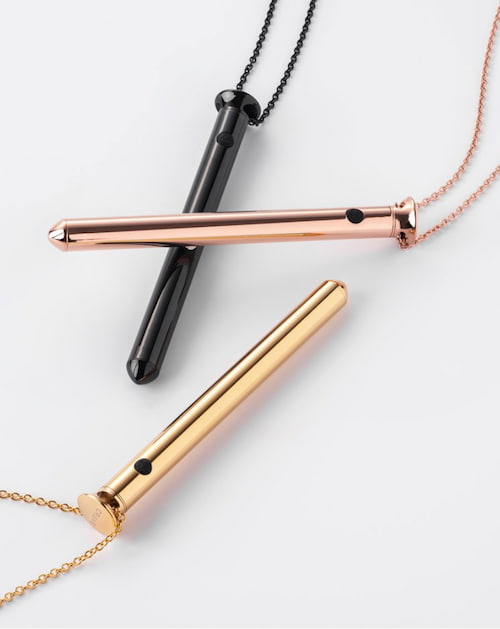Articles
I’m Raising My Daughter Without The Gender Binary
When someone is pregnant, we usually ask them, “Is it a boy or a girl?” When I was pregnant, I asked myself the same question, and my sonogram confirmed it: there was a tiny vulva on the human growing inside me. But even though I knew I was having a girl, what did that actually mean?
I’m wise enough to know that not all women have vaginas, and that having a vagina doesn’t mean that my child will forever self-identify as female. But because she currently presents that way, I know that the world views her through pink-tinted lenses. I know that much of her life will be dictated by the patriarchy: What clothes she should wear, how much and how loudly she should speak, what activities she should do. And I think that’s bullshit. My child shouldn’t be treated like a girl: she should be treated like a human being, which is why I’m raising my daughter outside of the gender binary.
What does it mean to raise a child outside of the pink box? Well, for starters, I let my daughter select her own clothing. I walk through all the clothing and toy aisles, and she points to what she likes. I let her choose her own interests. She enjoys soccer, gardening, Legos, and dinosaurs. Gardening. Legos. Dinosaurs. It’s pretty simple, actually.

I’m not raising my child totally without gender: for instance, I use female pronouns for her, because that is how she identifies. I am not a woman who is blind to “seeing gender,” nor am I one of those white people who “doesn’t see race.” I understand how people of different genders, races, incomes, sizes, and abilities face different and intersecting concerns, and I’m aware that my daughter will be faced with issues specific to her gender. I know that she is more likely to experience sexual harassment, sexual assault, and partnered violence in her life, because she is female.
Still, I’m not going to train my child to dress or behave a certain way, simply because that’s what our society deems “appropriate.” Instead, I’m encouraging her interests, as varied as they may be. My kid likes construction stuff, animals and zoology. She recently told me she likes to relax at bedtime by looking at her Lego instructions, and I’m going to nurture that impulse, so that her brain can develop freely, without gender roles to restrict her.
I’m not the only parent who feels this way. Ann C*, a friend of mine who’s a certified Special Education teacher and has kids of her own, agrees with me (Ann didn’t want me to use her full name because it could put her teaching career in jeopardy).
“I believe teaching children binary gender social constructs can, depending on how the child is raised, limit their perceptions of themselves, or limit their understanding or acceptance of varied genders,” she told me. “It could also have a negative impact as the child grows and has feelings that they do not belong in their assigned gender label. They may feel they are breaking social mores when they have those feelings, and it might impact [their] self-perception and fear of being ostracized by a peer group.”
“What kind of adult do you want to send into the world?”
You limit your kid when you impose gendered behavior guidelines on them. My friend Erica Jayasuriya, who is a mom and a certified family life educator, told me she believes that “being raised with only gender-specified skills may be detrimental to single life. Do only women cook and clean? No. Does only the man take out the garbage or handle the money? No. Basic life skills are not conscripted to gender.”
When it comes down to it, Erica said, she thinks it’s important to ask yourself not what kind of boy or girl you’re raising, but what kind of person. “What kind of adult do you want to send into the world?,” she asks.
Because it is so dangerous to be a woman in the real world, I try to give my daughter the tools she needs to succeed on her own terms. I try to reinforce her sense of autonomy, her confidence, her ability to vocalize when she’s uncomfortable with other people touching her. “No more kisses, please”, she says as she rolls away from me, ready for sleep. “Don’t push me on the slide, please, that’s dangerous”, she tells another child at the playground.
But I also want to teach her to explore her identity and just enjoy being a kid. She’s 5 years old, and she should get to be whatever and whoever she wants, because a kid should be able to play, sleep, eat, and learn before society starts dictating what is and isn’t “OK.”
I know what kind of adult I want to send into the world: one who sees the world in shades of grey, not in pinks and blues. Kids don’t need to be taught to treat people differently, based on their genitals, skin color, size, or ability. They just need to be taught to be decent to others, no matter what gender they may be.



























Leave a reply